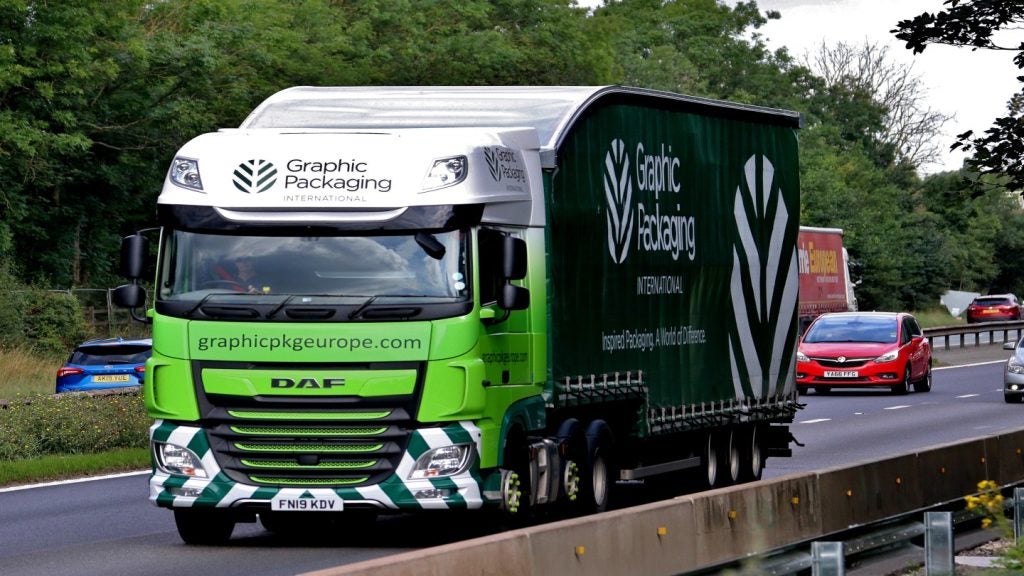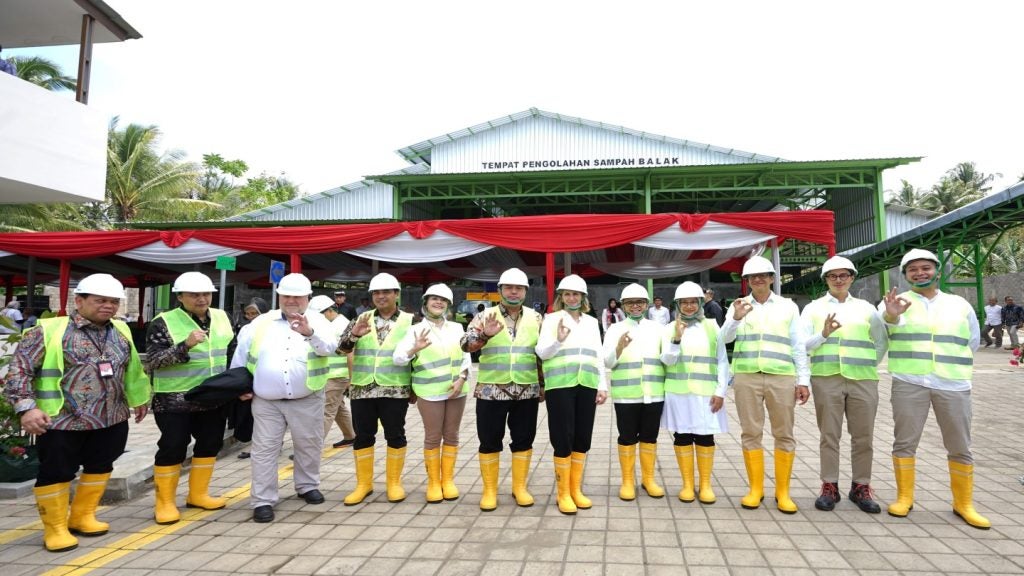German glass company Schott, subsidiary of Carl Zeiss Stiftung AG, has launched new hermetic microelectronic packages for the aerospace industry.
The packages aim to provide long-lasting protection for avionics while slashing their weight by up to two-thirds compared to traditional electronic packaging made from the iron-nickel-cobalt alloy kovar.
The products also reportedly help protect sensitive electronics, like radio frequency designs, DC/DC converters which are storage devices for electrical energy, and sensor components.
GlobalData’s intelligence finds that advanced materials (AdMs) are a critical field of expertise within the aerospace sector, and investment remains relatively constant in the development of materials with unique physical and mechanical properties.
Key challenges for aviation and space manufacturers are designing products that can fly in harsh environments, ensuring electronic equipment functions reliably through extreme temperature changes and mechanical stresses, and reducing overall costs associated with weight.
Schott optoelectronics general manager Georg Mittermeier commented: “Over the last few years, we’ve seen more customers interested in hermetic packaging for aerospace applications. We know that for them, every gram counts.
“That’s why we’ve designed our new lightweight packages to provide the same reliable protection for avionics with up to two-thirds less weight.”
In 2019, Schott invested heavily in its pharmaceutical packaging business, which paid dividends once the pandemic hit. The company also serves the home appliances and living, consumer electronics, semiconductors and datacom, optics, industry and energy, and automotive industries.











